DIY Strategies For Ridding The Home Of Gross Flies
As temperatures soar in the summer, so do the number of flies both outside as well as inside homes. To many individuals, flies seem to simply be annoying and of no real danger. While their status as pests is certainly true, because fecal particles often get stuck to their feet, they can spread germs and infections throughout a home. Thus, most individuals would love to get rid of flies, at least from the inside of their homes. However, many store-bought fly and insect aerosol repellents are harmful, not just to flies but also to humans. This is where natural remedies can come into play! Get familiar with some effective do-it-yourself strategies for getting rid of pesky flies without spraying toxic chemicals.
Basil And Other Herbs
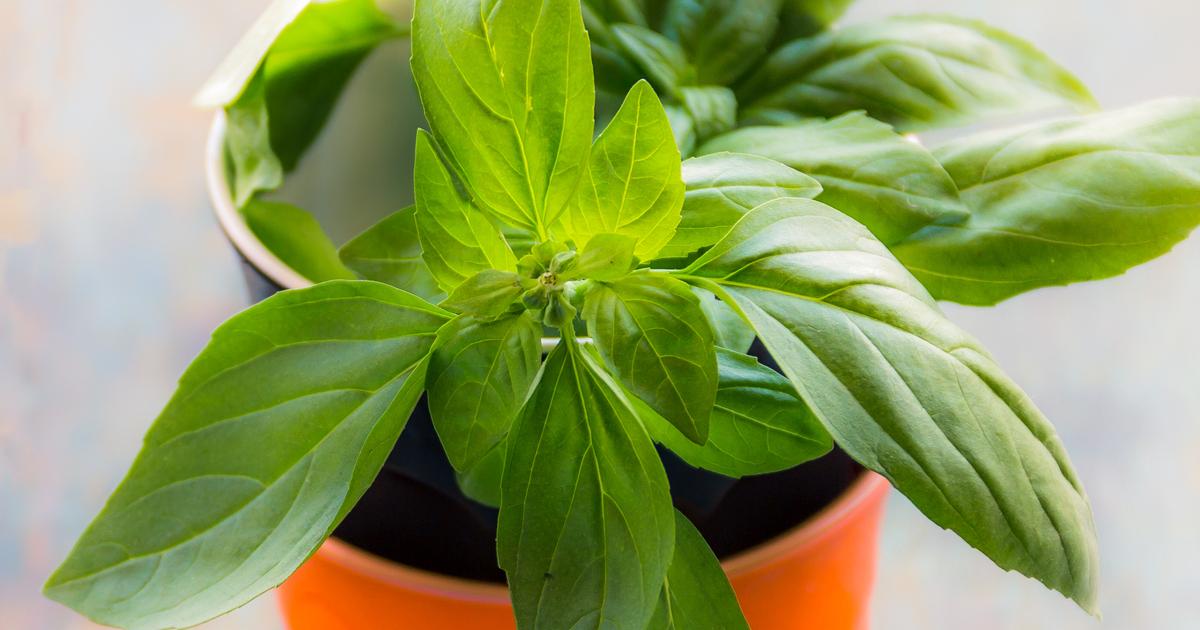
Some plants and herbs, such as basil, are disliked by flies and known to repel them. Individuals can use basil to ward off flies in their home by placing one of the plants by a window, which will prevent the flies from creating a landing zone in the room. Basil also works as an outdoor fly repellent, especially when planted near a seating area or garden. It is easy to grow, has a pleasant scent, and makes a great addition to oils, pesto, some sandwiches, and salads. Other plants that are effective at eliminating flies include lavender, mint, and bay leaf, all of which are readily available in stores.
Keep reading to learn more about the easy do-it-yourself ways to get rid of flies in the home now.
Essential Oils

Essential oils are not only relaxing for individuals who use them in baths and in oil diffusers, but they can also ward off unwanted house guests, such as pesky and gross flies. Some essential oils, such as eucalyptus and lavender oils, are especially helpful for getting rid of flies and other insects in the home. All individuals really need to do is put their chosen essential oil in a diffuser, but they may also add a carrier oil (such as coconut oil) to their chosen essential oil and pour the oils in a glass jar, letting the jar rest in the needed area for forty-eight hours. Some oil mixtures can also be used as a spray if made and infused correctly.
Get more details on how to get rid of flies in the home naturally now.
Plastic Water Bags
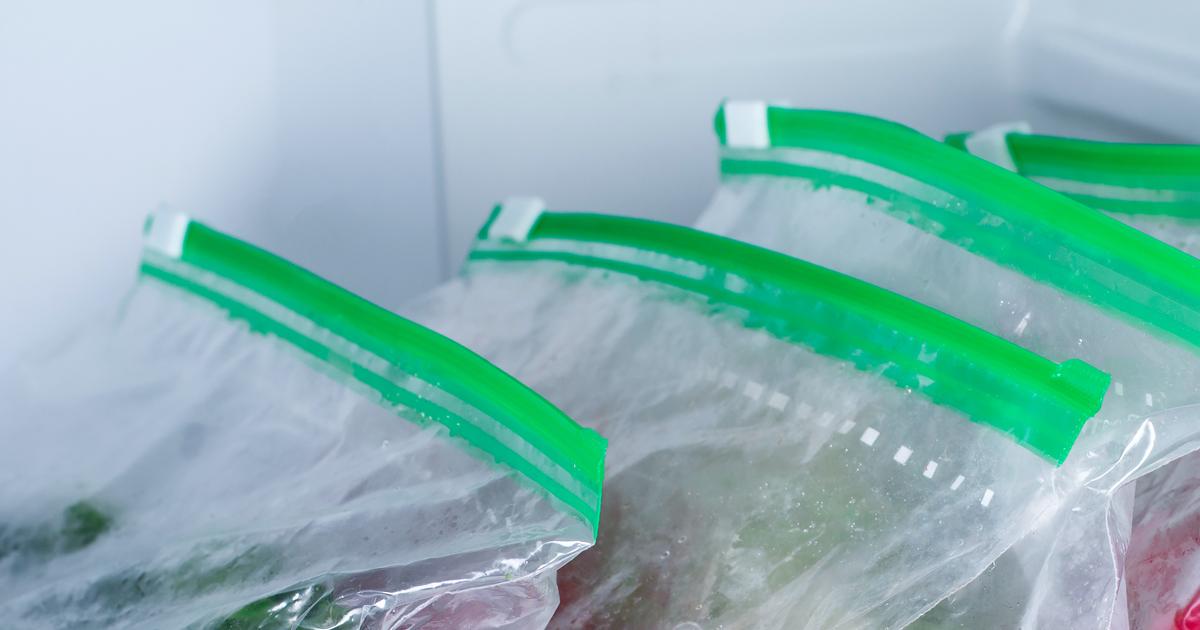
This strategy works by using a fly's excellent vision to confuse it. Because a fly's eye contains a large number of lenses, a plastic bag filled with water makes flies see several reflections of light. This disorients the flies and makes them stay away from the room containing the plastic bag. All individuals need for this remedy is a sealable plastic bag (preferably a large one), water, and string. Although more evidence is needed to verify this method does, in fact, deter flies, many individuals still use it as a natural way to keep insects out of their homes. Some even add tin foil or coins to the bags of water, which increases the amount of light reflected and creates even more confusion for flies.
Learn more about do-it-yourself remedies for getting rid of flies now.
Camphor
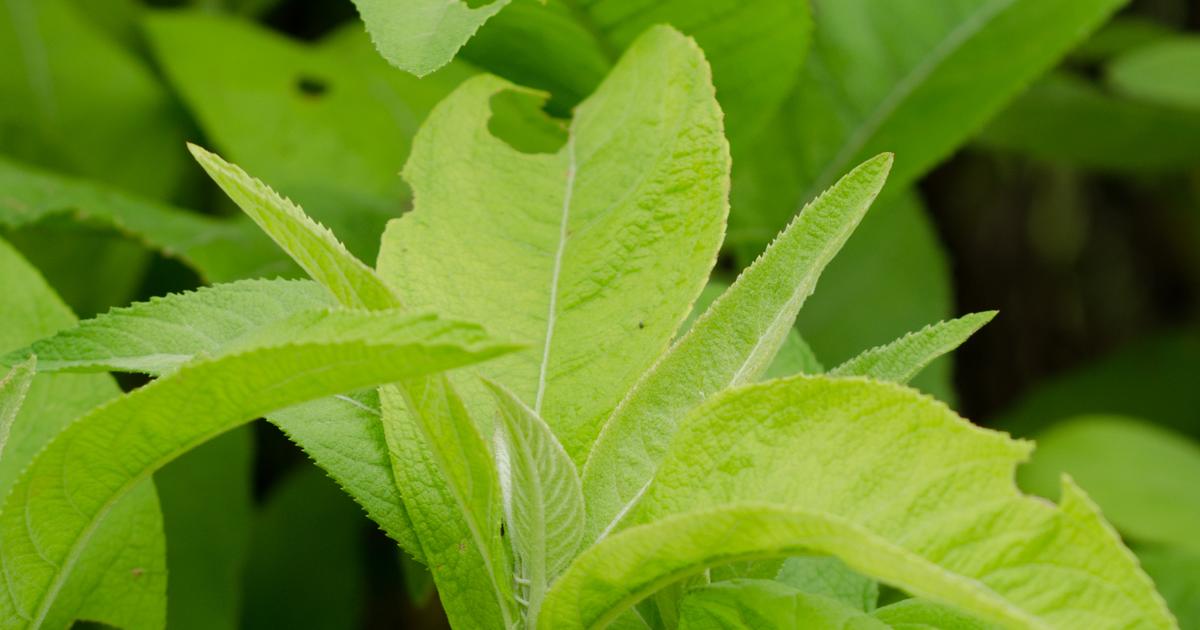
Camphor is an ancient Indian substance burned to produce cleaner air and promote healthier breathing. It is a white, waxy substance taken from the wood of the camphor laurel tree, which is found in many regions of Asia. However, camphor does not just improve air quality, it also acts as a natural fly repellent because flies hate the smell of it. Fortunately, many humans tend to find the scent pleasant. Camphor can be purchased in block form and heated on a diffuser or hot plate. When burned near doorways and windows, the fragrance keeps flies from entering a home. Camphor is widely available at many homeopathic stores and is also known for its anti-congestion, anti-inflammatory, and anti-itching properties.
Uncover another natural remedy for flies in the home now.
Fresh Orange Peel
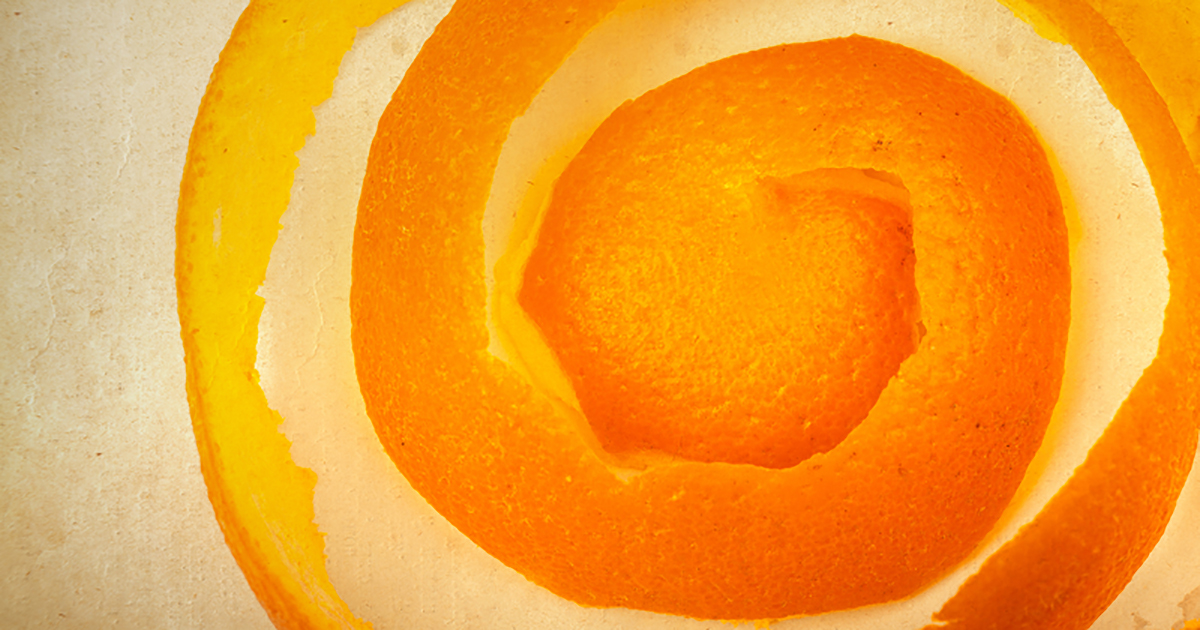
An orange peel can be left under a window sill or near doorways to deter flies from entering. They can even be added to garbage as a way of stopping flies from being attracted to it or hung in a cloth sack near picnic and seating areas to keep flies from spoiling an afternoon outside. Citrus fragrances and acids have also been used in several commercial fly sprays because flies and other insects are not fond of the scent. Be sure to use a fresh orange peel and replenish it once it has dried out. Note although orange peels deter most flies, they do not have the same effect on fruit flies, which are attracted to oranges and orange peels.
Discover additional do-it-yourself ways to get rid of flies now.
Cloves In Citrus Fruit
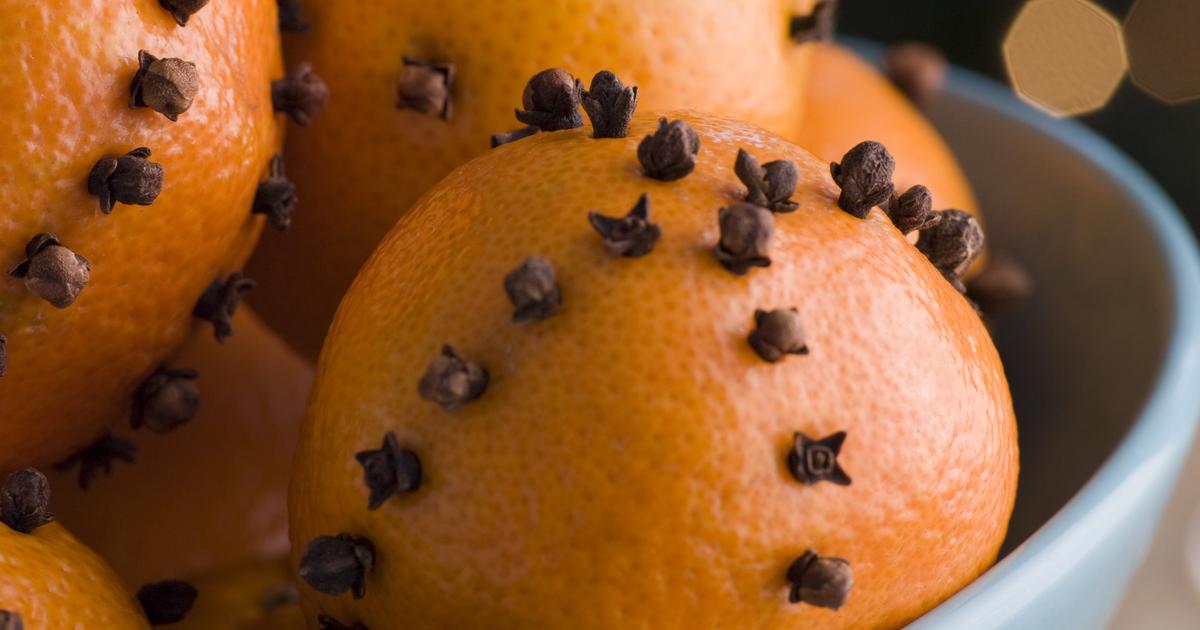
The practice of cloves in citrus fruit is a Christmas tradition in many homes, but it can also be helpful for eliminating flies. As mentioned earlier, flies do not like the scent and taste of citrus fruit. They dislike it even more when citrus is combined with cloves, another scent they find repulsive. Simply cut six lemons in half and place five to eight cloves in each half. The stuffed lemon halves can be hung anywhere inside or outside a home, although hanging them near entryways and windows is most effective. Cloves can also be placed near windows by themselves to keep flies from entering, but combining them with citrus fruit is more effective.
Learn more about how to get rid of flies now.
Homemade Traps
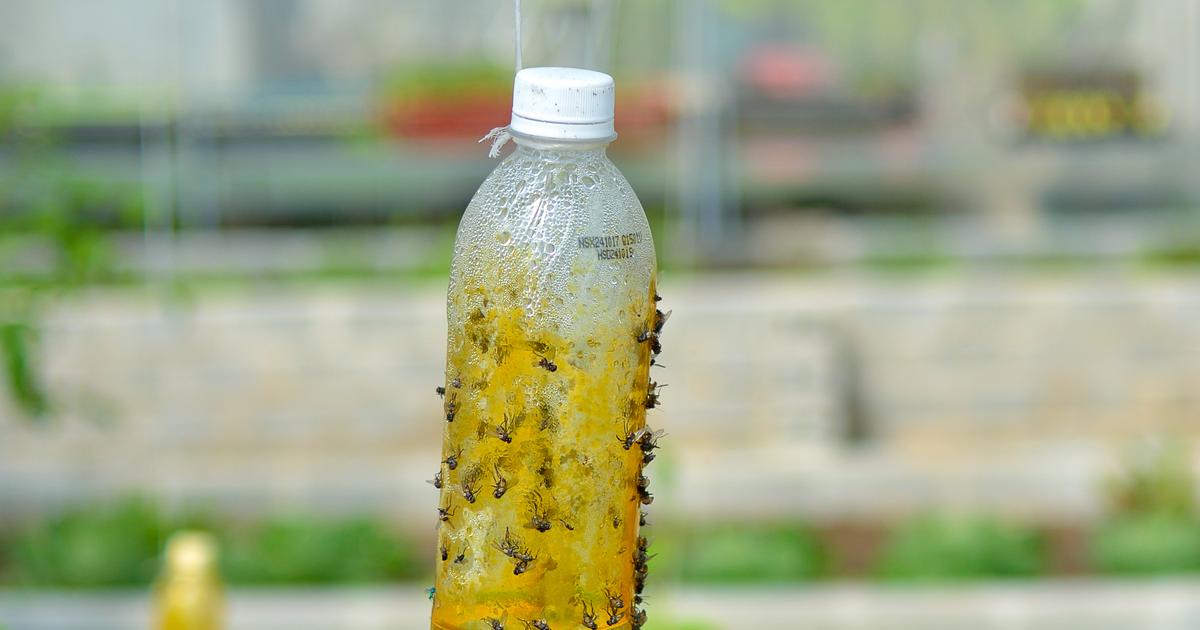
Although traps will not deter flies from entering a home, they are successful in keeping them away from the kitchen or bedrooms and getting rid of the flies that do make it inside. One of the simplest traps is the vinegar flytrap, which is made from vinegar, a glass or plastic bowl, and cling wrap. Another natural way to rid a home of flies is to stock up on Venus flytrap plants, carnivorous plants that attract and eat flies. Homemade fly strips can also do the trick. These are made from cardboard, sugar, maple syrup, and string. Traps involving wine and honey are other easy home remedies for minimizing the number of flies in a home. If all else fails, use a homemade fly spray by combining water and washing detergent in a spray bottle.
Learn more about natural methods for getting rid of gross flies now.
Sugar Water In A Soda Bottle
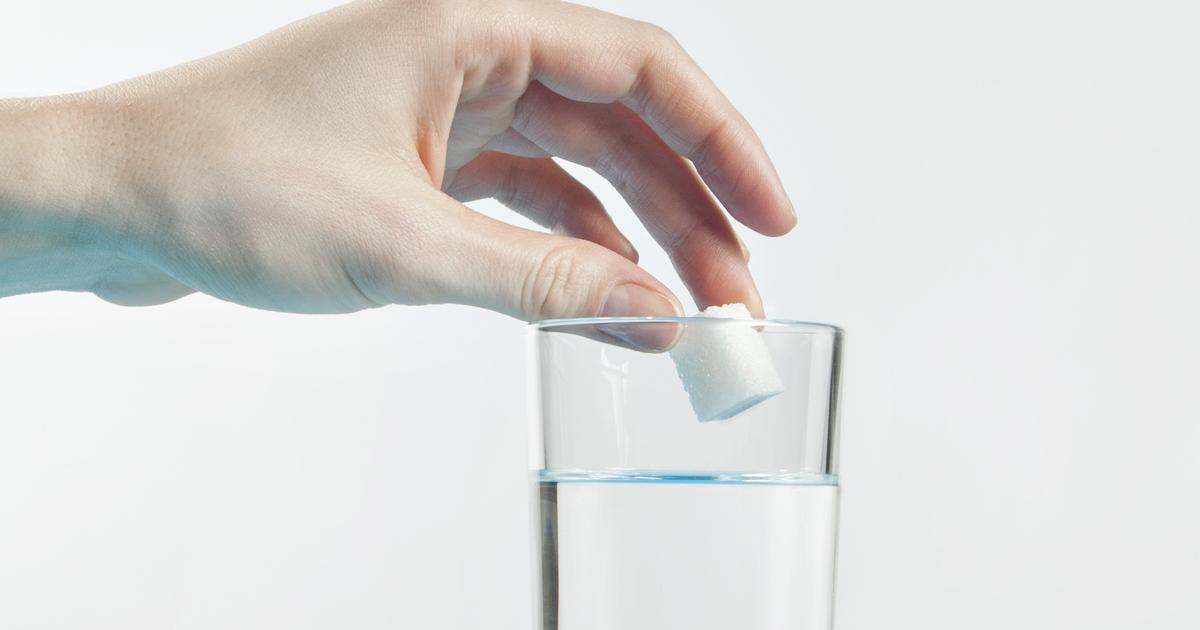
Sugar water in a soda bottle is an incredibly simple way to get rid of flies in the home. To make this kind of bottle fly trap, simply wash a used bottle and remove the top half (the area where the funnel begins) from it. This can be done by using scissors or a razor knife. Then, flip the cut piece upside down into the bottle and stick it in place either by glue or using a stapler. Now it's time to set the bait, which should be a sugar-water mixture made with lots of sugar, though not so much at it does not dissolve in the water. it's also possible to use sugary fruits or candy in this water as well. once the trap is made, it should be placed in the problem area. The flys with flock towards it faster than most might believe!
Reveal an easy homemade insect repellent spray next.
Ginger And Water Spray
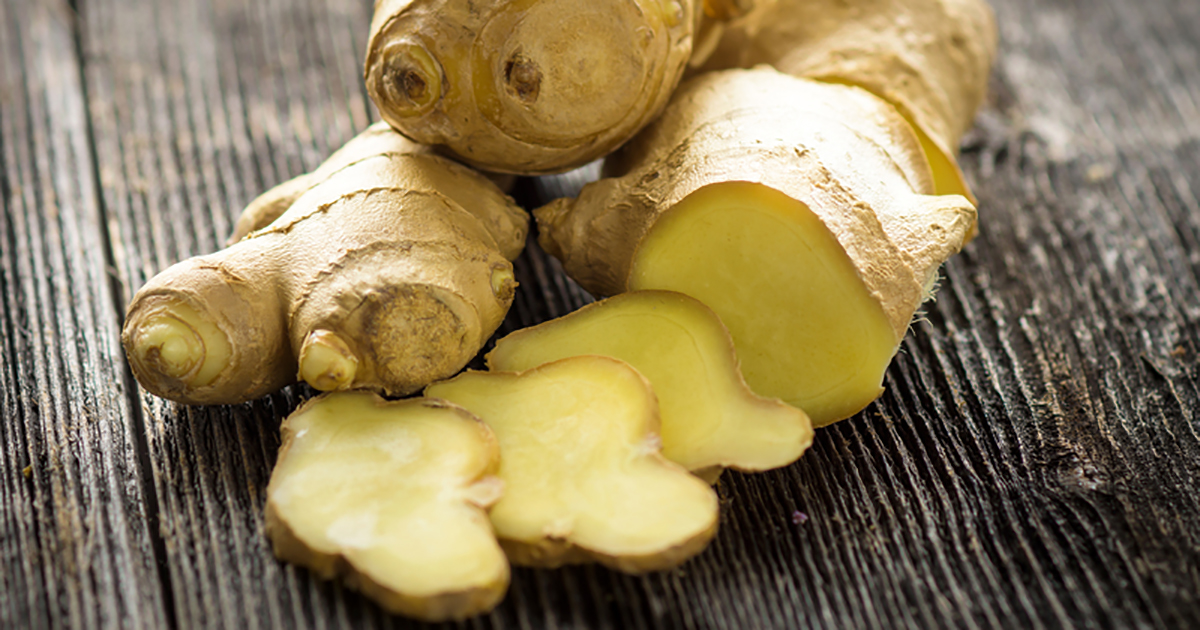
Ginger's strong scent and undelightful taste are enough to drive those pesky flies away! This method involves creating a ginger and water spray by adding the two components together. The process of making the mixture is as simple as it sounds. Simply combine ground ginger with water in a spray bottle for an instant spray, or take time to let fresh ginger infuse with the water. When infusing water with fresh ginger, boil some chopped ginger in water over the stove and let the water cool before filling a spray bottle with it. This method was originally tested in farms to be a safe and healthy alternative to harmful pesticides. It protected the farmer's crops as well as lead to all-organic and unharmed crops. This solution works in the home too! Simply spray the mixture onto surfaces with the most flies. This can be the trash can, plants, near fruit bowls, or even near the pantry.
Get the details on another homemade insect repellent now.
Cayenne Pepper Spray

Cayenne pepper spray is very spicy and even flies cannot withstand the level os heat. To make a cayenne pepper spray, add some cayenne pepper (often one or two teaspoons) to about one cup of water. The quality of the pepper greatly affects how effective the spray will be. Fresh cayenne pepper has the same effect of ground cayenne pepper, but will be potent for a longer duration. The more potent the cayenne pepper spray is, the less it needs to be sprayed to be effective. The smell of pepper in the air can be irritating and cause allergies, and therefore it is recommended to use the spray sparingly and only where necessary. Be sure to avoid letting the spray fall onto any fabric surface, as the scent may remain for some time.
Read more about do-it-yourself remedies for gross flies in the home now.
Sprinkle Ground Bay Leaves
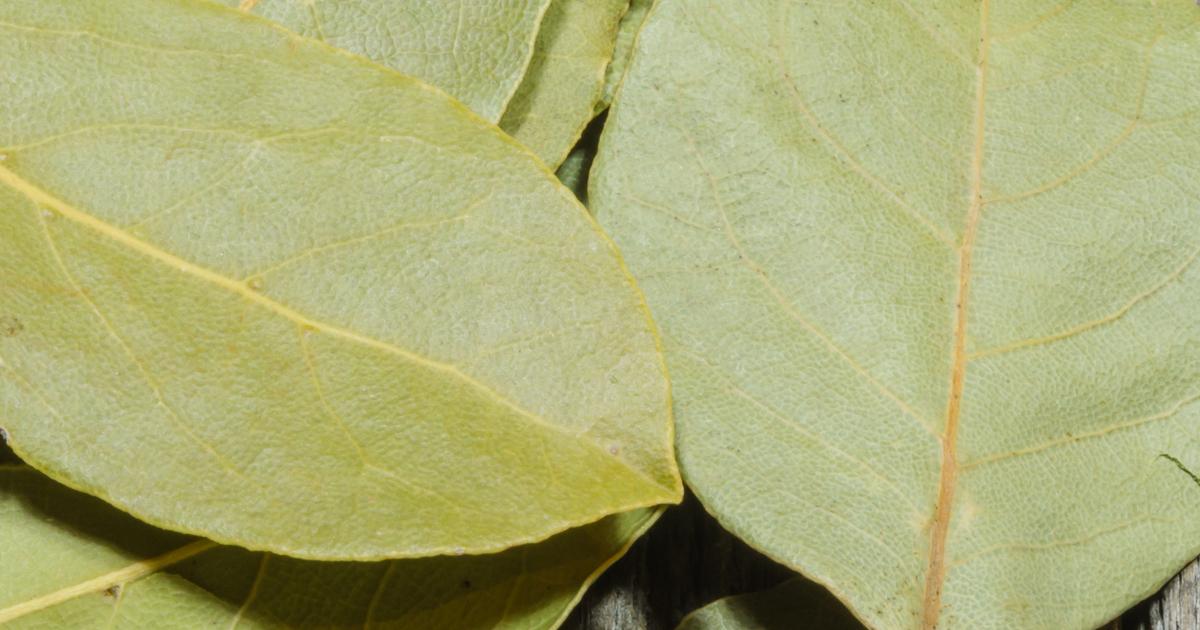
Bay leaves are a common cooking ingredient as well as a repellent for many pests, including flies. It is safe to say the odor of this spice is what makes it so successful at deterring flies. This method is simple: just sprinkle ground bay leaves on areas often full of flies. This can be kitchen countertops, near plants, or even on windowsills. However, bay leaves are not a permanent solution. They usually lose the repellent effect in a week's time, so make sure to sprinkle new ones every week. In addition to repelling flies, bay leaves also serve as a natural repellent to other insects and pests such as cockroaches, moths, and spiders. bay leaves can be found next to the other spices in most grocery stores.
